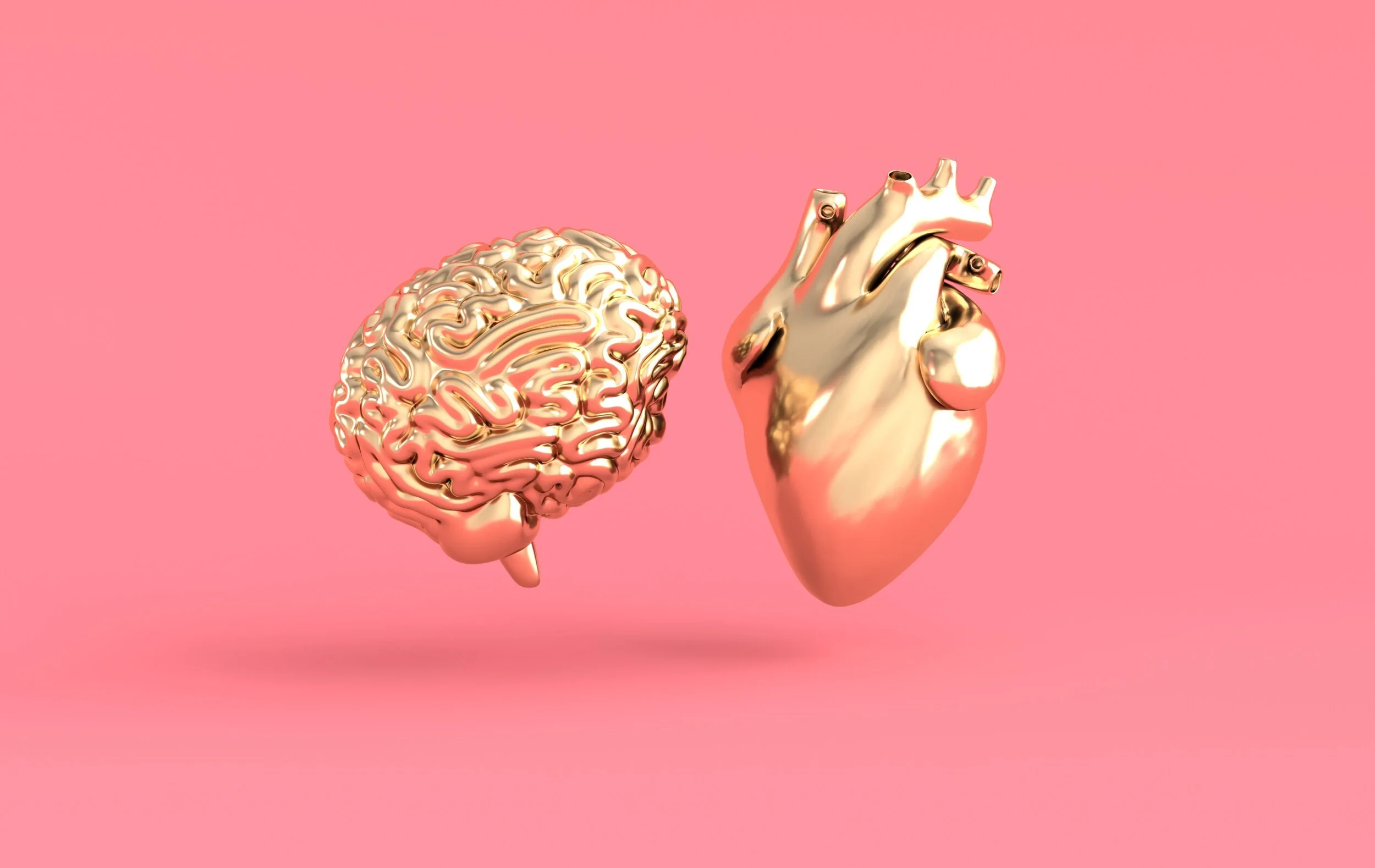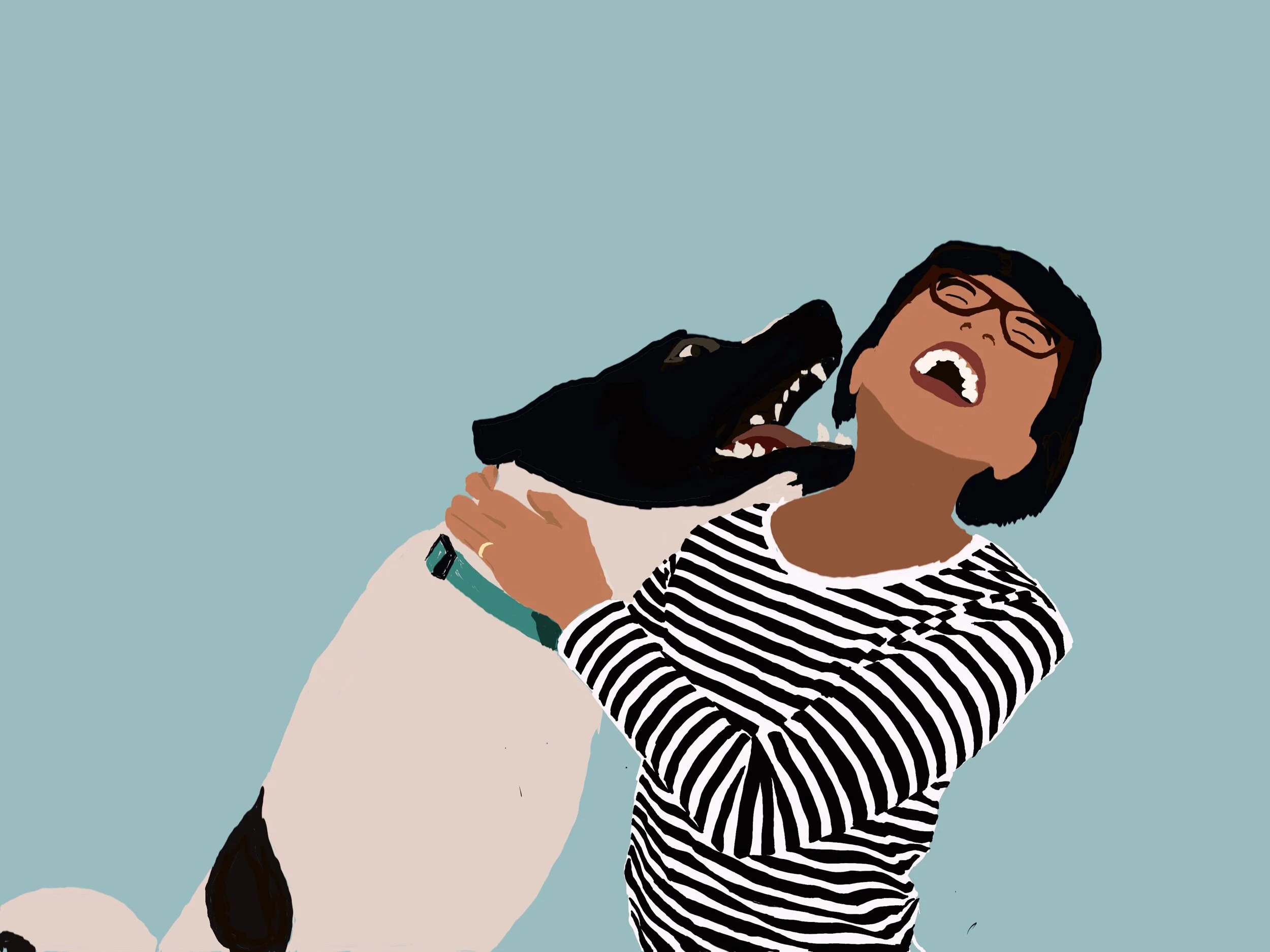Lies About Your Brain (no. 3): Oxytocin Is Just a Love Chemical
You know a hormone has gained cult status when Billie Elish writes a song about it.
“Can’t take it back once it’s been set in motion,” the pop icon sings to her beau, “You know I need you for the oxytocin.”
Journalists for Cosmo have dubbed oxytocin the “hormone of love.”
That’s a lot of hype for a neurotransmitter to live up to.
Released by the hypothalamus during childbirth, hugging, sex and lactation, under the right circumstances, oxytocin gives you warm and fuzzy feelings that encourage serious bonding.
If you spray oxytocin up a woman’s nose, she’ll find babies more appealing. Husbands with a shot of oxytocin act more devotedly to their wives. When a dog and its human gaze into each others’ eyes, oxytocin levels increase in both the pet and the person.
But is oxytocin all about love?
Will pumping oxytocin through the air vents on the streets lead to global peace and harmony?
Not so fast, writes Robert Sapolsky. Like most love affairs, oxytocin has a shadow side.
It may induce bonding between rodent parents and pups. It also may lead to increasingly aggressive tendencies when those parents defend their pups. In a game of chess, oxytocin may increase feelings of trust. Except when your opponent is anonymous or a stranger—in which case, oxytocin may lead you to act uncooperatively.
In short, oxytocin makes you more pro-social to people who are like you. But to those outside of your circle, it just might make you possessive, petulant and wrathful.



